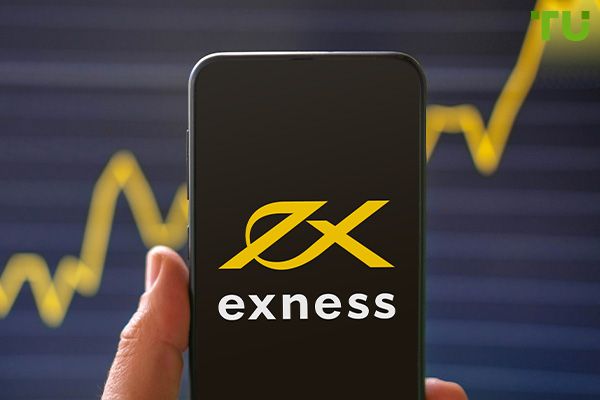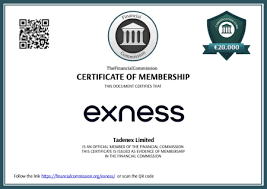Understanding Exness Account Currency for Better Trading Decisions
When embarking on your trading journey with Exness, one of the critical decisions you must make involves selecting exness account currency Exness Zimbabwe the right account currency. This choice significantly affects your overall trading experience, including trade profitability, withdrawal processes, and conversion rates. In this article, we’ll delve into the various options available for Exness account currencies, how to choose the right one, and tips for managing currency fluctuations effectively.
What is Exness Account Currency?
Exness, a popular online trading platform, offers a variety of trading instruments, including forex, cryptocurrencies, commodities, and stocks. Each trading account must be designated a specific currency, known as the account currency. This currency is crucial as it determines how your profits and losses are calculated, as well as the currency in which your account balances, deposits, and withdrawals are made. Choosing the right account currency is vital for effective financial management.
Available Account Currencies at Exness
Exness supports multiple account currencies, ensuring flexibility for traders from different regions and with diverse trading preferences. The available currencies include:
- US Dollar (USD)
- Euro (EUR)
- British Pound (GBP)
- Australian Dollar (AUD)
- Japanese Yen (JPY)
- South African Rand (ZAR)
- Indian Rupee (INR)
- Bitcoin (BTC)
- Ethereum (ETH)
- Litecoin (LTC)
This diverse array of currencies allows traders to select one that aligns with their local currency, trading strategy, and personal preferences.
Factors to Consider When Choosing an Account Currency
Choosing the right account currency requires careful consideration of several factors:

1. Local Currency
If your primary income is in a specific currency (like the Euro or the British Pound), it is often advantageous to set your Exness account in that same currency. This approach helps you avoid conversion fees and potential losses from fluctuating exchange rates.
2. Trading Strategy
Your trading strategy can influence your choice of account currency. If you primarily trade in currencies that are paired with USD, it might be beneficial to keep your account in USD to minimize currency conversion issues related to profit and loss calculations.
3. Deposit and Withdrawal Methods
The payment methods you intend to use for deposits and withdrawals can also affect your currency choice. Different payment methods may have distinct fees and processing times depending on the currency. If you are considering transactions in a specific currency, it is essential to choose an account currency that aligns with your chosen payment method to minimize costs and processing delays.
4. Market Volatility
Currency markets can be highly volatile, leading to rapid fluctuations. If you are trading in a currency that is not your account currency, you expose yourself to exchange rate risks that can affect your profit margins. Selecting the right account currency can help mitigate these risks.
How to Set or Change Your Exness Account Currency
Setting your account currency during registration on the Exness platform is straightforward. However, if you wish to change it after your account has been created, you will need to contact Exness customer support to request a currency change. The support team will provide guidance on the process and any associated fees or requirements.

Managing Currency Fluctuations
Once you have chosen your Exness account currency, it is essential to understand how to manage the risks associated with currency fluctuations effectively:
1. Monitor Economic Indicators
Keeping an eye on economic indicators in both your account currency and the currencies you trade can provide insights into potential market movements. Economic reports, interest rates, and geopolitical events often influence currency values.
2. Use Hedging Strategies
If you are trading in a currency that you believe may experience adverse fluctuations, consider hedging your position. This can be done through options or futures contracts that allow you to offset potential losses from currency movements.
3. Diversify Currencies
Diversification can help reduce risks associated with currency fluctuations. If feasible, maintain trading accounts in multiple currencies to balance exposure and minimize the impact of adverse movements in any single currency.
Conclusion
The currency you select for your Exness account plays a pivotal role in your trading experience. By considering factors like local currency, trading strategy, and payment methods, you can choose the account currency that best fits your needs. Furthermore, actively managing currency risks through vigilant monitoring and strategic hedging will help you navigate the foreign exchange landscape more effectively. Whether you are a seasoned trader or just starting, understanding Exness account currency is crucial for making informed decisions and maximizing your trading potential.


